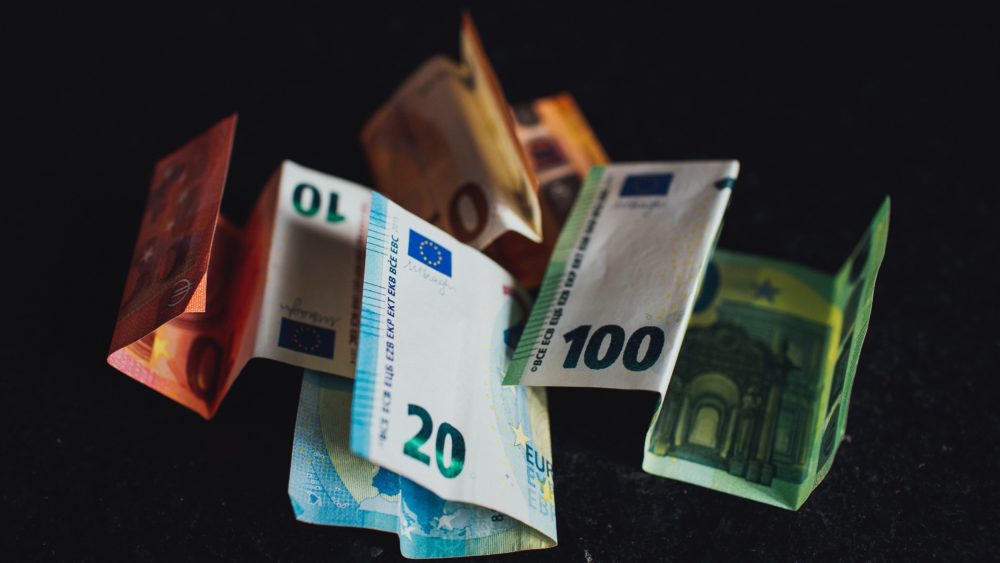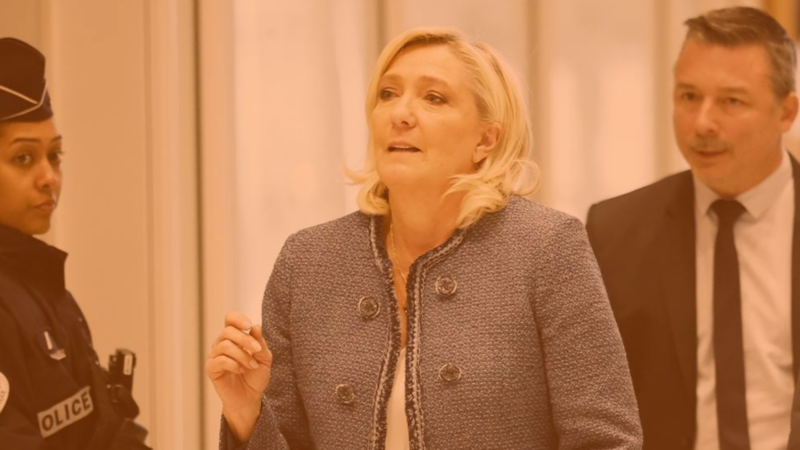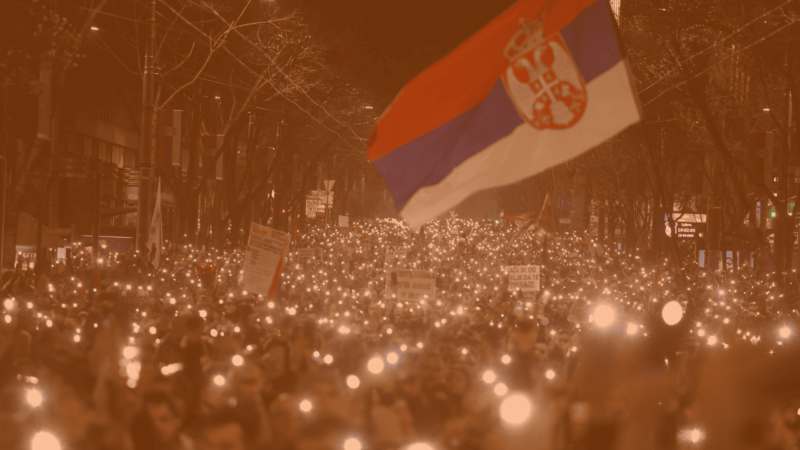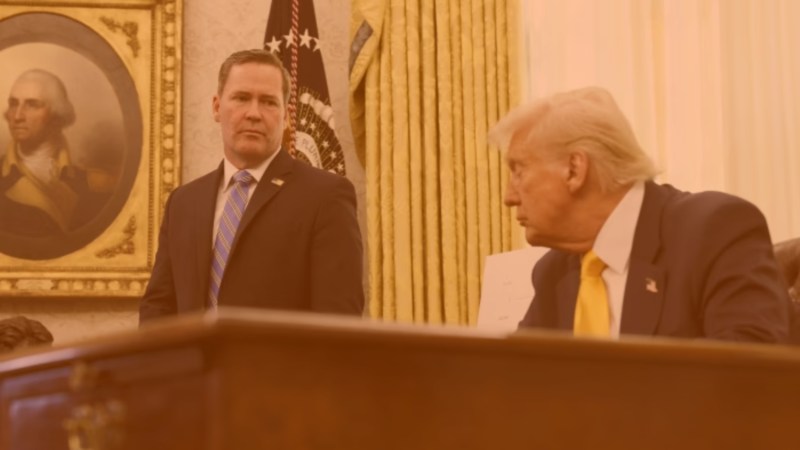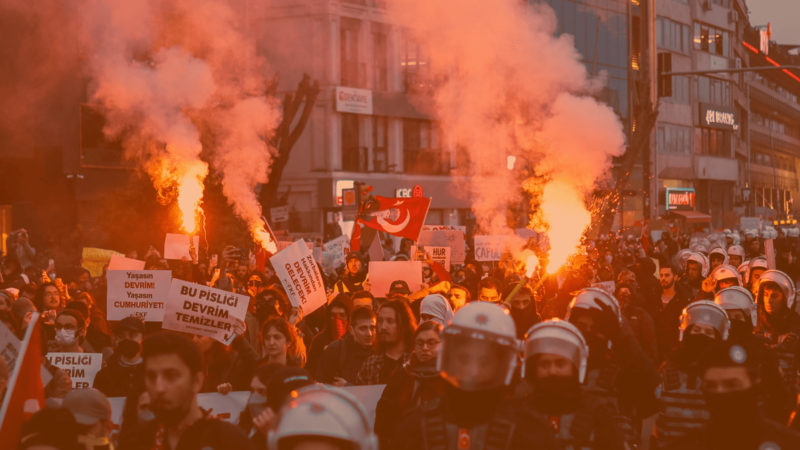DiEM25’s 3-point plan offers the only way towards European unification.
At a time when timely responses to the coronavirus are needed, the European Council on March 26th decided not to take action. The summit of EU leaders meeting by teleconference, after Italy and Spain had rejected the initial draft, took their time. The President of the Commission and the President of the European Council will have to present long-term proposals, to be agreed with the other institutions, within two weeks.
During this time, euro area finance ministers are invited “to submit proposals”. The final document does not mention either the European Stability Mechanism (ESM) (which Italy and Spain have already said they will not even consider) or Eurobonds; and there are only general references to the seriousness of the situation.
Yet, on March 25th, 2020 — and on the 63rd anniversary of the signing of the Treaty of Rome which established the EEC — an appeal was signed by 9 out of 27 countries to the President of the European Council Charles Michel which could remain in the annals of history. The signatories include the Prime Ministers of Italy, Belgium, Luxembourg, Spain, Portugal, Ireland, Greece, Slovenia, as well as the French President. Other countries, such as Slovakia and Cyprus, are joining this group.
For the first time, the Franco-German axis of rigour has been broken.
This gives way to an unprecedented group of counties that stands in stark contrast to the other two EEC founders – Germany and the Netherlands – opposed to eurobond. The content of the appeal sounds disruptive as it breaks the taboo of debt sharing. With his signature, Emmanuel Macron has returned to the spirit of the long and famous speech at the Sorbonne on the future of Europe in September 2017, in which he had advocated a European budget in an anti-cyclical function because: “no state can face an economic crisis alone when it no longer controls monetary policy”.
That speech had, however, remained empty rhetoric until March 25th when Macron accepted a proposal put forward by Italy. By doing so, he distanced himself from his historic ally, Germany, and opened up to sharing future — if not past — debts. It took months of strikes — which only social distancing measures stopped — an unprecedented level of unpopularity, and the threat of a disastrous recession triggered by a pandemic as deadly as, and perhaps more so than, the Spanish flu of 1918, to convince him.
The 9 leaders’ appeal contained a key passage, but it was rejected in the first instance: “In particular, we need to work on a common debt instrument issued by an EU institution to raise resources on the market on the same basis and for the benefit of all Member States, thereby ensuring the stable and long-term financing of policies to counter the damage caused by this pandemic.”
In this sentence, there is all the willingness to start using the markets in favour of common investment policies, instead of suffering the lessons of the flames on spreads, which increase the interest burden of high debt countries.
In short, in the appeal there is a first act of courage and resistance to the “discipline of the financial markets” which, since the sovereign debt crisis onwards (2011-2012), has drained from public finance resources that could have been allocated to health care, research, and training, as well as social cohesion, the resilience of the economies of member countries, and also health security itself.
In the absence of a “safe asset” — i.e. a sovereign supranational bond denominated in euro and guaranteed by the ECB — the markets ended up mainly rewarding the triple A bonds issued by the German State which, given the powerful scale of the measures to support the German economy announced by Merkel, would end up galvanising the bulk of international capital flows.
The alternative would be for all high debt countries — those forced into debt in order to finance families and businesses blocked by the lockdown, to subsidise stalled private consumption and investment and to ensure sustenance for those with neither income nor savings, as well as for the working poor and those without social safety nets — to submit to the punitive conditions of the ESM. DiEM25 was born out of a profound reaction to the moral, economic and social default inflicted on Greece in the summer of 2015 by creditor countries that imposed unsustainable “war reparations” on it.
This is why the 3-point plan presented by DiEM25 offers a way out of the cul-de-sac into which Europe has slipped.
The proposals that DiEM25 has put forward to prevent its dissolution are radical, but they are adequate in size to deal with the current shock and those that will follow:
- The European Central Bank (ECB) must issue a long-term Eurobond (30 years) for 1000 billions of euros fully guaranteed by the ECB itself. It must include the possibility of a further issue in case of need, with which to replace national debts in proportion to the recessions that the coronavirus will have induced and the costs that public health will have had to bear in the various countries.
- The ECB must credit 2000 euros in cash to each European resident in order to make up for the freezing of business and the loss of individual earnings due to quarantine measures. The ECB must provide cash to one bank in each Member State issuing numbered and anonymous debit cards, on behalf of local and national authorities, to all residents without bank accounts.
- The European Union must create a European post-pandemic green recovery and investment programme, financed by the European Investment Bank (EIB) (issuer), to address the many failures that will follow the lockdown and to redirect the production system. Europe must speed up the necessary reconversion process and pursue a technological leap to keep pace with China and the US. That is why DiEM25 has proposed that the European Council require the European Investment Bank (EIB) and its subsidiary the European Investment Fund (EIF) to issue EIB-EIF bonds amounting to approximately 5% of EU GDP, whose secondary market is made large and liquid by the ECB. In addition, the European Green Recovery Agency (EGRA) should be established with the statutory aim of channelling funds raised by the EIB-ECB alliance to the Union in green energy, public health provision, public education and other public goods across the Union.
It is only later that countries will be able to contribute to the financing of emergency measures, the carbon tax, the web tax, the taxation of major assets and the relentless fight against tax havens, in order to redistribute income in a way that also addresses the polarisation of inequalities and territorial gaps, as well as the environmental and health emergency.
Europe will unite or perish, overwhelmed by this unprecedented crisis.
Late responses, or responses that deal with it as a liquidity crisis (when it is a serious crisis of insolvency) would have the historical responsibility of leaving only rubble throughout the continent, depriving it of “post-war” plans for a new start.
The 3-point action plan of DiEM25 offers the only way towards future federal unification, where cooperation between Member States prevails instead of competition. The three measures proposed in the immediate term are feasible and consistent with the letter of the EU Treaties, all that is needed is the courage to govern the future, without the most vulnerable paying for the crisis.
Do you want to be informed of DiEM25's actions? Sign up here





